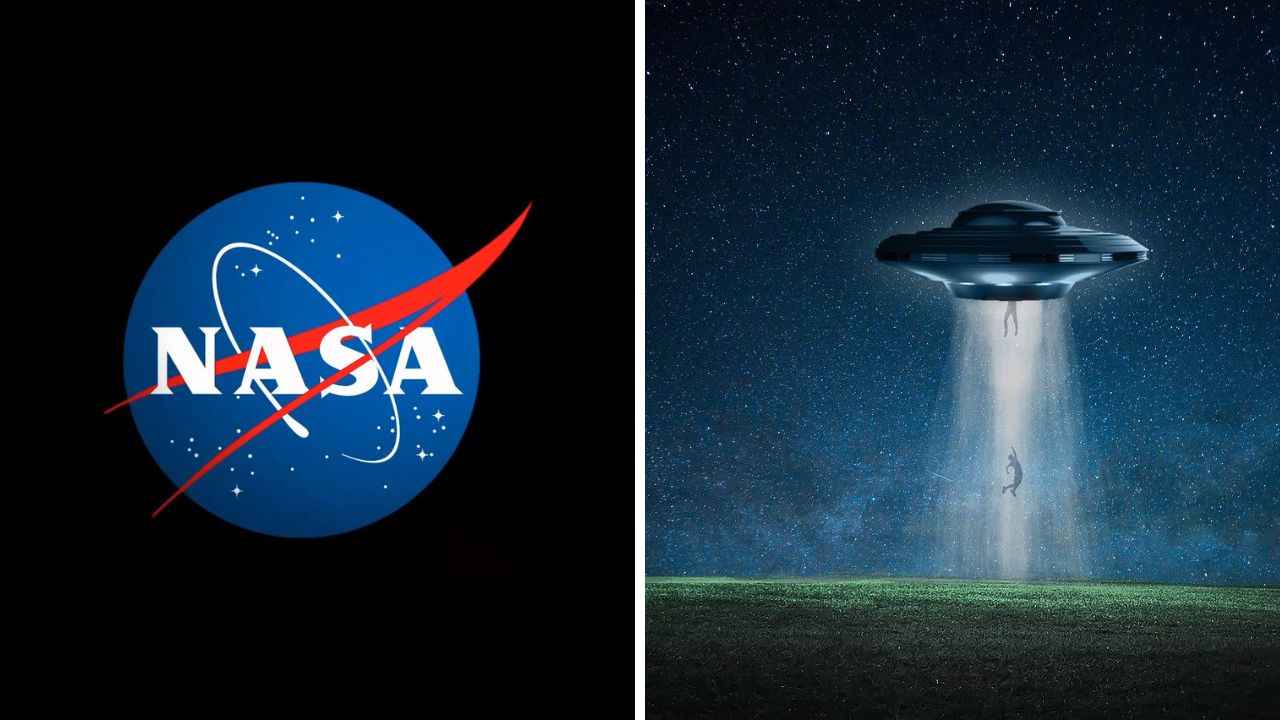“When dragons fly to warfare,” Rhaenyra cautions her husband, Prince Daemon, “every thing burns.”
All through the season finale, solely the newly topped queen alone appears to know the gravity of selecting to push again in opposition to the usurpation of her crown. She alone weighs diplomatic choices as much as and together with capitulation moderately than danger plunging Westeros right into a warfare not like something it’s ever recognized. In opposition to the warmongering of her bannermen and consort, the provocations of her previous enemy Otto Hightower, and even the temptation of the godlike harmful energy her faction’s dragons afford her, Rhaenyra stands agency. Emma D’Arcy brings an incredible subtlety to Rhaenyra’s struggles all through the episode, from their wry, questioning smile at Lucerys’ worry of his future obligations to their expression of mingled loss and hope at receiving proof of Alicent’s continued love within the type of a childhood memento. Peace holds the promise of affection, of youngsters, of honoring her father’s peaceable legacy and perception within the Conqueror’s Dream. Battle dangers all.
:no_upscale()/cdn.vox-cdn.com/uploads/chorus_asset/file/24137402/emma_d_arcy_1.jpg)
Photograph: Ollie Upton/HBO
But the world, as Rhaenyra tells her center youngster, has no regard for our plans. First, a painful and draining miscarriage prices Rhaenyra her unborn daughter. Watching the sweat-soaked and bloody girl cradle the deformed physique in her arms, it’s onerous not to consider it as an omen of issues to come back, a shadow forged by all of the innocents whose lives a warfare between the rival monarchs would undoubtedly lower quick. The warfare additionally drives a wedge between Rhaenyra and her husband, exposing Daemon’s violent insecurities as he confronts each his personal immaturity and his jealousy over his spouse’s closeness along with his late brother, the king. The scene by which Daemon assaults his queen is without doubt one of the season’s most upsetting, a showcase for Matt Smith’s potential to concurrently seethe and dissociate from his environment. It’s an unpleasant distinction to the heat between Lord Corlys and Princess Rhaenys, who even in battle share an evident heat and solidarity. No such understanding is forthcoming from Daemon, and it appears Rhaenyra dangers her marriage by holding again from the bloodshed he craves.
:no_upscale()/cdn.vox-cdn.com/uploads/chorus_asset/file/24137384/matt_smith_bridge.jpg)
Picture: Ollie Upton/HBO
Director Greg Yaitanes frames this parade of loss and unrest with painterly precision, and the episode’s colour grading is among the many collection’ greatest thus far, with wealthy, darkish reds and sickly grays predominating in opposition to backdrops of dramatic black and bleach-light blue. “The Black Queen” takes care to instantly affiliate the Targaryens with their dragon by way of suave framing and intercutting. Throughout Rhaenyra’s tough labor we see flashes of Syrax bellowing in sympathy together with her rider. When Daemon menaces the knights of the Kingsguard, Caraxes’ huge head fills the body behind him, a scene echoed by a later sequence by which Daemon rouses the traditional dragon Vermithor and the 2 seem mirrored in one another’s eyes, twin incarnations of heedless energy and destruction.
The episode’s visible language asks us to think about who precisely is looking the photographs right here. Is it the Targaryens, pushed as a lot by previous grudges and infatuations as by any bigger sense of responsibility? Is it the dragons themselves, which, just like the proverbial blade, incite to violence by their very existence? The reply, as a lot as one could be extricated from the tangle of guts and screaming that closes out the episode’s centerpiece motion scene, is that the worst of each events has the rudder. The venal pettiness of the royal household, the outsize energy their dragons afford them, and their whole lack of expertise with actual violence and its penalties come collectively in a literal deadly collision. Watching Aemond and Lucerys scream in terror as their dragons, pushed too onerous by Aemond’s merciless sport of rooster, activate each other is a gut-wrenching sight, and Yaitanes builds rigidity throughout their airborne encounter with brutal, hard-hitting precision and a bodily harrowing sense of velocity. When the ultimate explosion of blood and gore hits house it’s nearly a aid, till you begin to consider what comes subsequent.
:no_upscale()/cdn.vox-cdn.com/uploads/chorus_asset/file/24137412/house_of_the_dragon_2.jpg)
Photograph: HBO
Rubber meets highway, the thought of a peaceable decision to the succession disaster goes to shreds within the area of an instantaneous, and Rhaenyra is left gutted by betrayal and grief. She’s misplaced not solely her son, however her sense of security in her marriage and her probability at any type of rekindling of her reference to Alicent. On the identical time she’s gained bannermen, the essential help of Home Velaryon, and the allegiance of an additional knight of the Kingsguard. Even earlier than she learns of Lucerys’ dying, marching to warfare has develop into rather more believable. D’Arcy’s final look into the digital camera is haunting, a surer portent of issues to come back than any prophetic dream or lofty speech in regards to the good of the realm. All through the episode we see Rhaenyra push time and again for peace, for the uneasy and infrequently disappointing path of compromise. However what lies ready underneath Dragonstone, its ragged wings furled at the hours of darkness, its furnace breath scorching the cavern partitions? What beast by firelight shines mirrored in Daemon’s eyes whilst he shines in its personal?
We all know what’s coming. Vengeance. Justice. Fireplace and blood.

